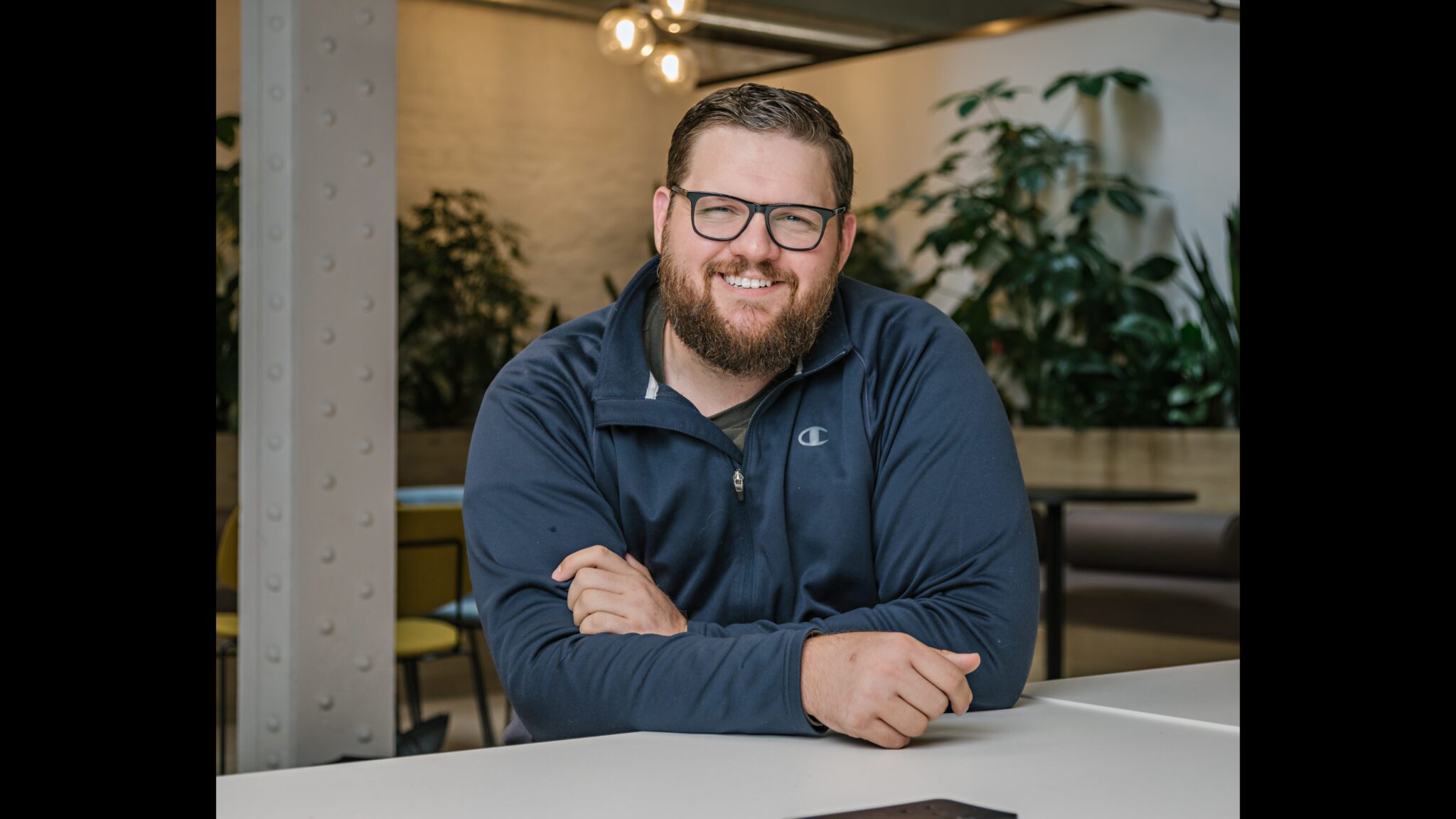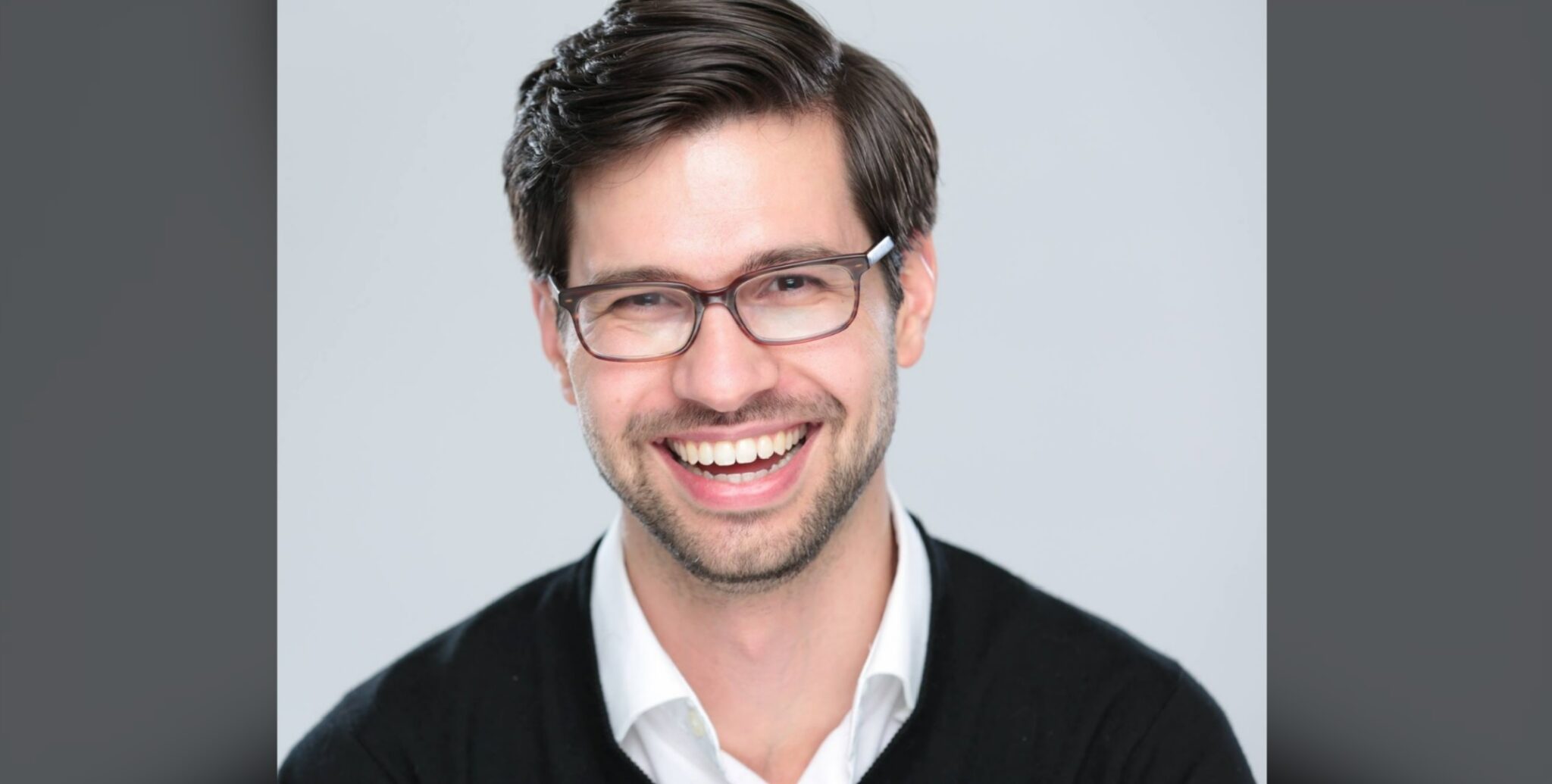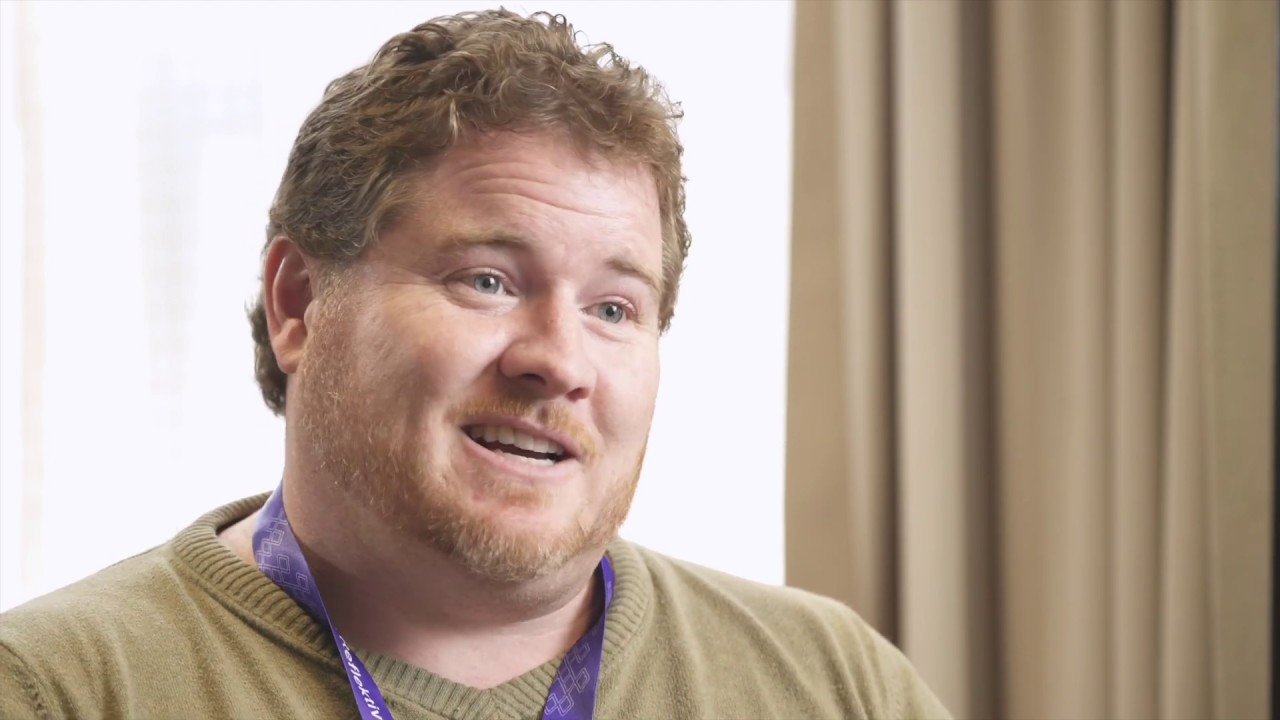
Patrick Campbell was a 22-year-old Google employee when he was first diagnosed with cancer. After surgery and chemotherapy, he went into remission. Five years later, nodules started growing in his lymph nodes. At 28, his cancer had come back. He’s cancer-free now, but his diagnoses have indelibly shaped his journey as a founder.
“I wouldn’t have jumped into startups unless I had gotten cancer,” Patrick says.
The serious health issues he experienced in his twenties, while scary, helped him prioritize and inspired him to take risks.
In 2012 at age 24, Patrick founded ProfitWell, which helps subscription companies optimize their pricing and retention. Today, more than 30,000 companies – including Canva and MasterClass – use ProfitWell products. ProfitWell was acquired by payments infrastructure platform Paddle in a deal valued at more than $200 million.
In a Founders Network global keynote on Jan. 18, Patrick shared insights from his 10-year journey growing his company to where it is today – and the challenges he encountered along the way.
Check out his full keynote from January 18
or explore our entire event video library
The Clarity of Illness
Though a cancer diagnosis is terrifying – especially at such a young age – Patrick believes his health challenges pushed him to become a founder.
At the time, he was working at Google and became fascinated with pricing, which, despite its importance, was in the hands of entry-level employees like himself. He wasn’t enamored with the bureaucratic culture of a large company and wanted to launch his own startup.
“It just prioritized things. Some founders, when they have kids, they prioritize their lives so much better. They’re so much more productive after kids, because they have to be. They have to snap their calendar,” Patrick says.
Having multiple serious health scares in your twenties is clarifying in another way: it changes your relationship to the idea of death.
“You sometimes don’t really think through that until you’re middle-aged,” Patrick describes. “I realized I was going to die, which was a dramatic thing. And, I was like, okay, let me get my shit together.”
Choose Your Friends
Patrick’s journey to becoming a founder started in his early twenties. While he quickly achieved success in the startup world, he was still learning the lessons of your average young adult.
Prior to his diagnosis, he described himself as an insecure person who sought love from anyone willing to provide it. He quickly realized that, in order to succeed, he would need to surround himself with people who support him.
That meant shifting his focus from friends who were disappointed by his schedule or his inability to go out late like his peers. Early in his relationship with his now-wife, he remembers opening up about what he wants his future to look like. She was on board.
“I love dedicating my life to a mission. That was a big thing. And, then I was basically finding people who were supportive of that – the good and the bad,” Patrick says.
Bootstrapping Mistakes
Plenty of founders advise their peers to avoid venture capital, because it requires founders to cede ownership of their companies. But, bootstrapping has its downsides, too, Patrick notes.
“I think I regret bootstrapping as long as we did. If you’re trying to create a great, independent cash-flowing business, I think bootstrapping is great. But if you’re trying to build a big company, I think you’re going to have to get on the VC treadmill at some point,” Patrick says.
While bootstrapping gave ProfitWell the opportunity to make revenue without ceding ownership, the company grew at a slower pace as a result of funding choices.
In his webinar, Patrick covered:
- How cancer changed his priorities
- Building a supportive network
- The key to launching a mission-driven startup
- A founder’s guide to bootstrapping
To learn more about overcoming adversity and the challenges of growing a company, see if you qualify for membership and check out the keynote from January 18.






